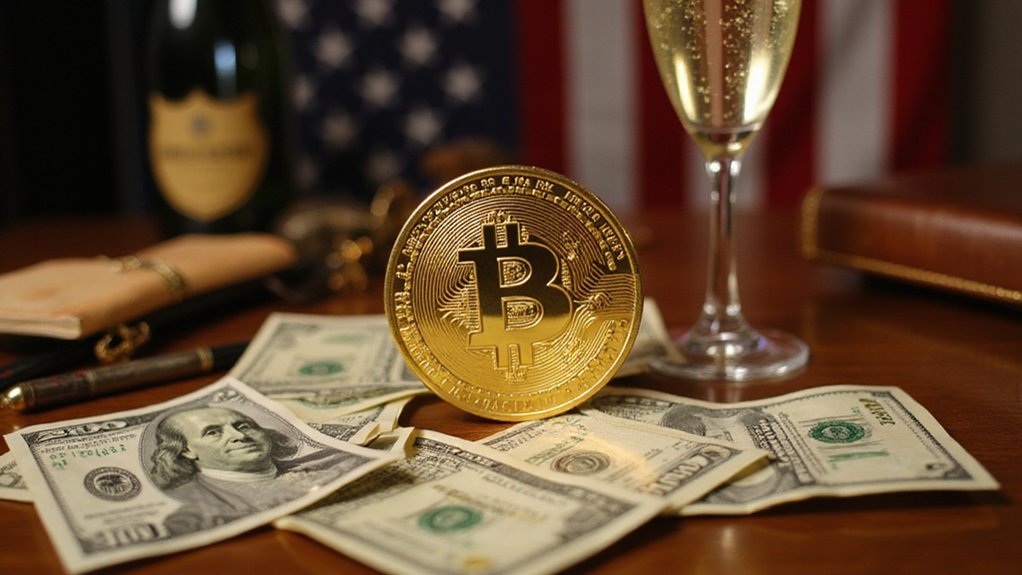While carbon markets have languished in a morass of fragmentation and fraud concerns that would make even the most optimistic climate financier reach for the bourbon, JPMorgan’s blockchain division Kinexys has initiated an ambitious pilot program with S&P Global Commodity Insights to tokenize carbon credits—because apparently what the world’s $200 billion voluntary carbon market really needed was more financial engineering from the same institution that brought us the London Whale.
Because nothing says “restoring market confidence” quite like blockchain solutions from the architects of billion-dollar trading disasters.
The pilot, which includes EcoRegistry and the International Carbon Registry, aims to digitize historic carbon credits into blockchain tokens representing one-ton CO₂ offsets, primarily targeting forestry and renewable energy projects. Each token serves as immutable proof of ownership, theoretically eliminating the double counting and fraudulent credits that have plagued a market with over 30 competing registries and standards—a fragmentation so severe it makes the pre-crisis mortgage market look positively organized.
Blockchain tokenization promises to address the voluntary carbon market’s existential crisis of credibility by providing end-to-end transparency from credit issuance through retirement. The technology’s immutability feature could theoretically eliminate the fraud concerns that have kept institutional investors at bay, while standardization across multiple registries on a single blockchain framework might finally bring coherence to this chaotic ecosystem. These digital agreements utilize smart contracts to execute automatically when predefined conditions are met, eliminating the need for intermediaries in carbon credit transfers.
The financial implications are substantial: tokenization could release trillions in climate finance by transforming carbon credits into a liquid, tradable asset class that institutional investors might actually touch without hazmat suits. JPMorgan and S&P clearly recognize that enhanced liquidity and pricing clarity could reduce the “greenwashing risk premium” that currently deters capital inflows—a premium so high it makes junk bonds look like Treasury bills. As the tokenization wave sweeps across major financial institutions, JPMorgan’s foray into carbon credits signals Wall Street’s growing confidence in digital asset transformation.
However, the pilot faces the formidable challenge of reviving a market that has remained flat and contracted over the past two years due to trust concerns. Whether blockchain technology can truly solve decades of structural problems remains an open question, though JPMorgan’s commitment to this initiative suggests they believe financial innovation might succeed where regulatory oversight has largely failed. The testing phase will focus on critical operational elements including account management, project tracking, and credit lifecycle oversight to ensure comprehensive registry functionality.
The success of this tokenization experiment could determine whether carbon credits evolve into a legitimate asset class or remain a niche market for the environmentally conscious and contractually obligated.





